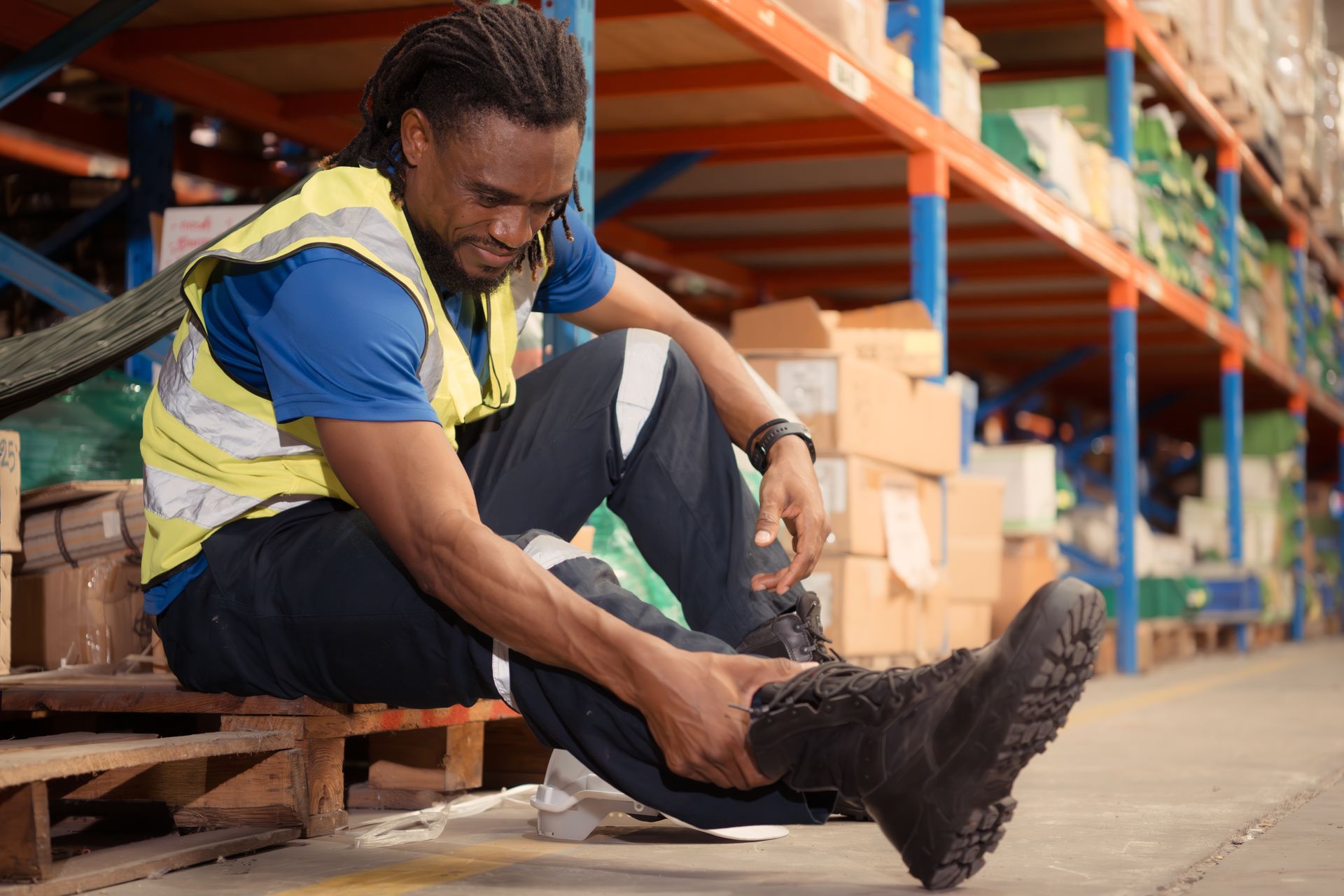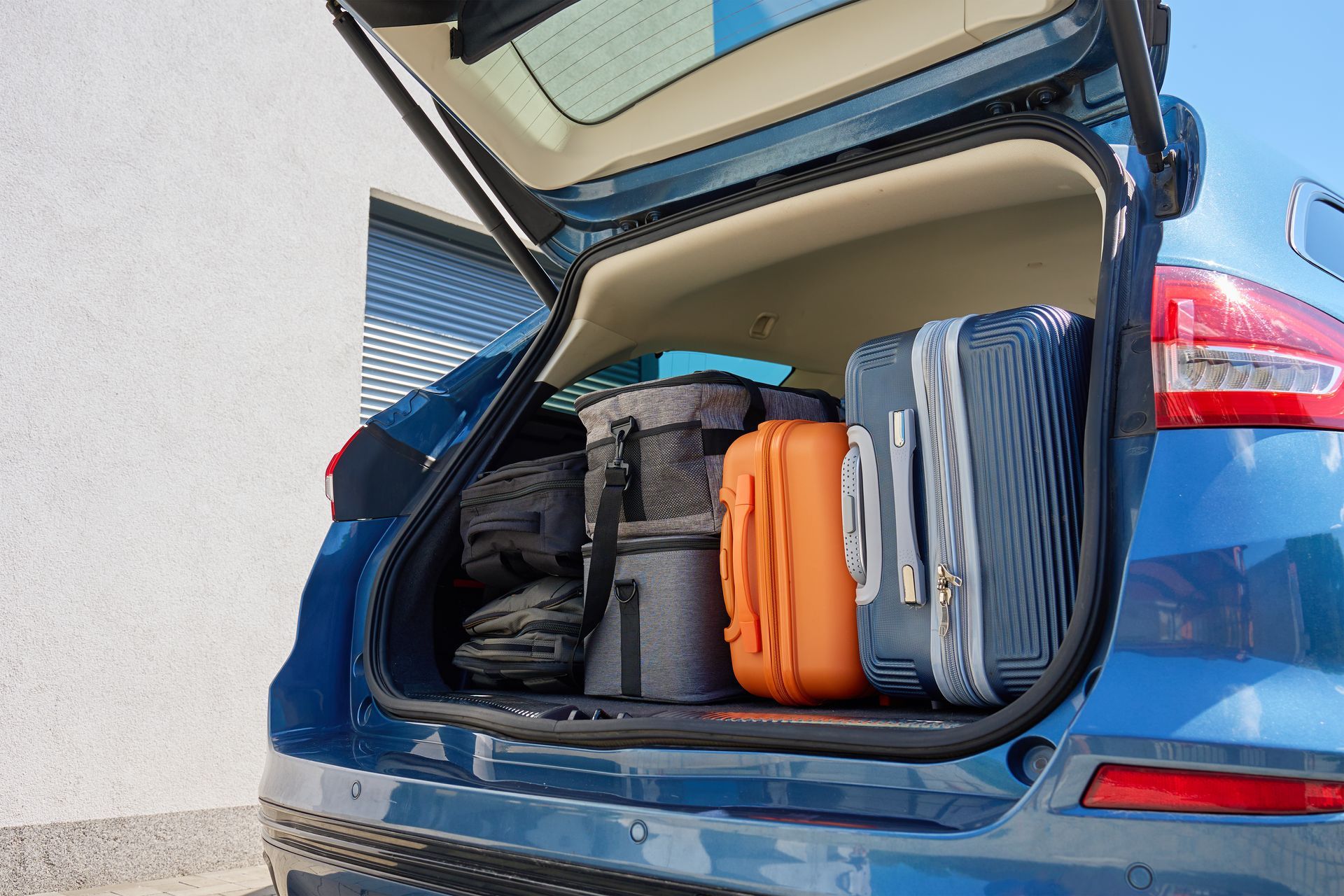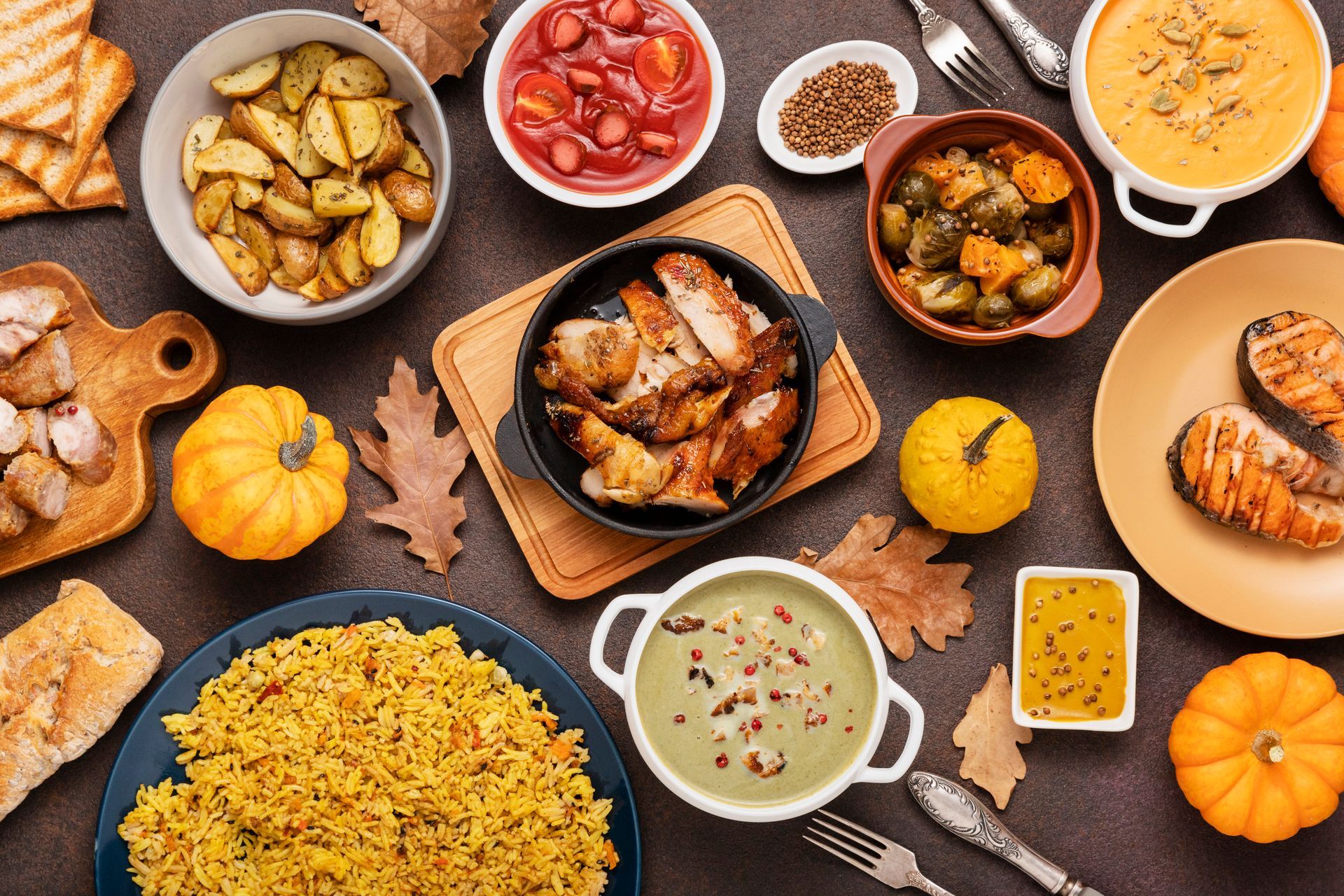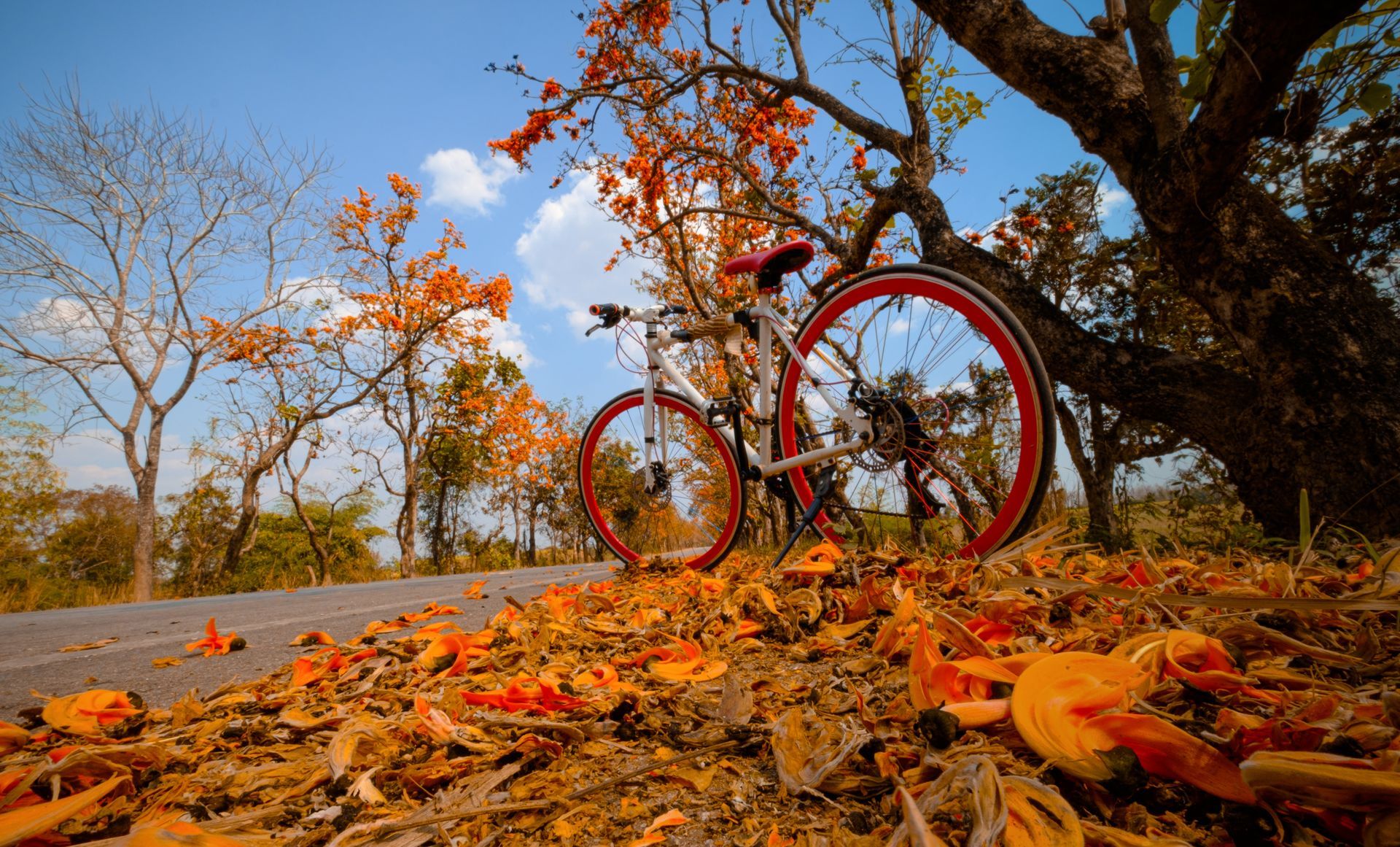The Impact of Cooler Weather on Vein Health
As the chill of autumn and winter sets in, many of us welcome the relief from the summer heat. However, cooler weather can have various effects on our vein health. Understanding these impacts can help you adjust your vein care routine to maintain healthy circulation throughout the colder months.
How Cooler Weather Affects Veins
Cooler temperatures can cause veins to narrow (vasoconstriction), which helps conserve body heat but can also restrict blood flow. This can exacerbate circulation issues, particularly in people with existing vein problems. Additionally, colder weather can make the symptoms of varicose veins, such as aching and heaviness in the legs, feel more pronounced.
Adjusting Your Vein Care Routine
- Stay Active: Maintaining regular physical activity is crucial during the colder months. Exercise helps boost circulation and vein health. Activities like brisk walking, indoor swimming, and yoga can keep the blood flowing efficiently even when it's cold outside.
- Keep Warm: Dressing in warm layers can help prevent vasoconstriction and promote better circulation. Pay special attention to keeping your legs and feet warm as they are often most affected by poor circulation.
- Stay Hydrated: People often drink less water in cooler weather, but staying hydrated is essential for maintaining good blood viscosity and circulation.
- Consider Compression Garments: Compression hose can be particularly helpful in cooler weather. They apply gentle pressure to your legs, which can help prevent blood from pooling in your veins and support overall circulation.
Monitoring Vein Health in Cooler Weather
Pay attention to any changes in your vein health as the temperature drops. Symptoms such as increased leg pain, swelling, or the appearance of new spider or varicose veins should be addressed by a vein specialist.
Conclusion
Cooler weather doesn't have to mean discomfort from vein problems. By understanding how the cold affects your veins and adjusting your care routine accordingly, you can maintain healthy circulation and comfort throughout the fall and winter. If you notice any new or worsening symptoms, don’t hesitate to schedule a free vein screening at The Vein Specialists to ensure your veins stay healthy in every season.











